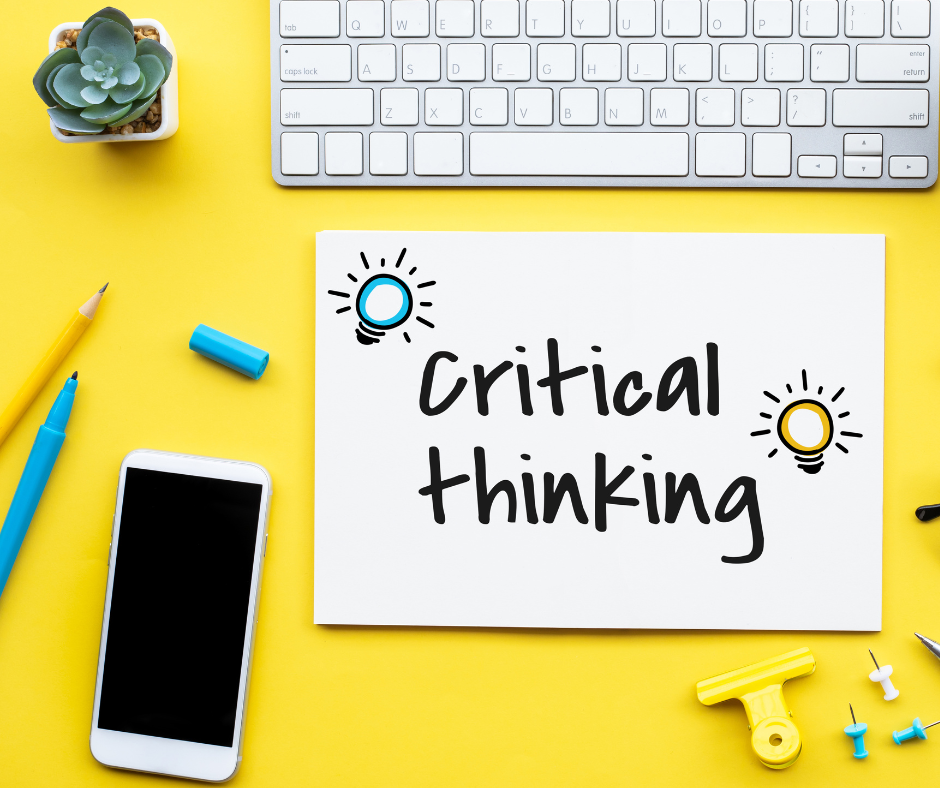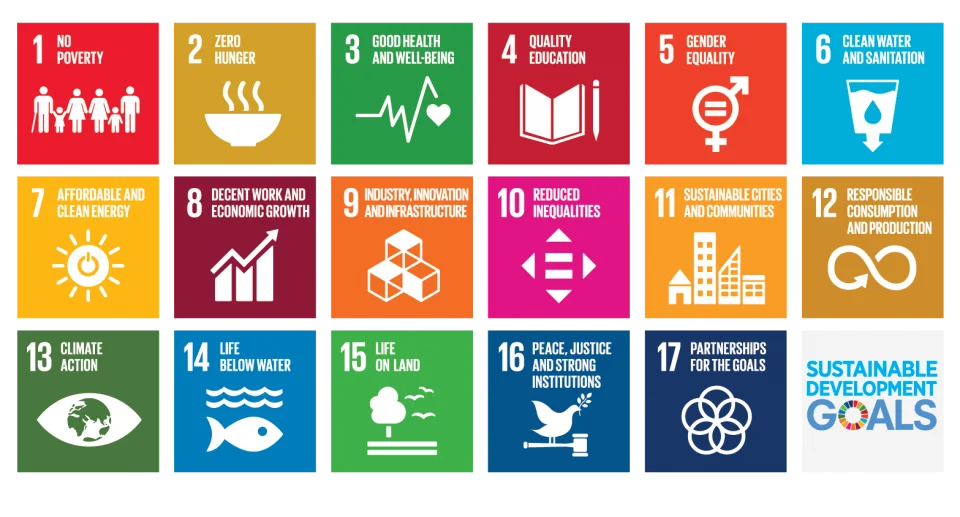In today’s fast-paced world, we are surrounded by a flood of information, distractions, and decisions that demand our attention. What separates leaders from followers, problem-solvers from spectators, and innovators from imitators is one core ability: Critical Thinking.
Critical thinking is not just a skill; it is a survival tool. It is the engine behind sound decision-making, effective problem-solving, and resilient leadership. It enables us to reason logically, assess situations fairly, evaluate evidence, and rise above emotional manipulation and social bias. Yet, despite its undeniable importance, we are witnessing a global crisis in reasoning. Our societies are falling prey to misinformation, impulsive reactions, and poor judgment. The cost? Personal failures, broken communities, and ineffective institutions.
The time to build strong reasoning skills is not tomorrow—it is today.
Why Critical Thinking Is No Longer Optional
1. It is the Foundation of Personal Empowerment
If you want to take control of your life, you must first take control of your thoughts. Critical thinkers do not follow blindly. They ask questions. They dig deeper. They challenge norms and seek truth over convenience. This empowers individuals to make independent choices that align with their values and goals.
2. It Drives Professional Excellence
In business, science, education, law, and healthcare—critical thinking is the secret ingredient behind innovation, accuracy, and credibility. Employers are no longer just looking for degrees; they want minds that can think under pressure, assess risk, solve problems, and build strategies. Your career depends on how well you reason, not how fast you react.
3. It Builds Strong Communities and Just Societies
Every corrupt system thrives on blind loyalty and passive citizenship. Strong reasoning enables people to ask uncomfortable questions, hold leaders accountable, and demand better. A community of critical thinkers is the greatest threat to injustice—and the greatest hope for reform.
How to Start Developing Critical Thinking Today
Step 1: Ask Better Questions
Replace “What should I think?” with “Why do I think this?” or “What are the assumptions behind this belief?” Question everything—constructively.
Step 2: Consume Information Responsibly
Don’t rely on one news source. Don’t share without verifying. Don’t assume authority means accuracy. Seek out diverse perspectives, and always look for the evidence.
Step 3: Practice Reflective Thinking
After every decision or conversation, pause and reflect. What went well? What could’ve been done differently? Reflecting on your actions refines your thinking.
Step 4: Engage in Healthy Debate
Challenge ideas, not people. Learn to defend your views with reason, and be open to changing your mind when the facts demand it.
Step 5: Read Widely and Regularly
Books, articles, essays—reading strengthens your cognitive muscles. It broadens your understanding and helps you detect weak arguments.
The Urgency We Can No Longer Ignore
Every day that we delay developing critical thinking is a day we stay vulnerable to manipulation, poor decisions, and emotional traps. We cannot build a better world with people who don’t think critically. We cannot solve climate change, end poverty, promote peace, or build just institutions unless our reasoning skills match the complexity of our problems.
Educators, parents, leaders, and policymakers must prioritize this now—not next year, not in a future curriculum, but immediately. Our schools must teach logic before opinions, evidence before emotions. Our workplaces must reward thoughtful decisions, not just loud voices. Our children must grow up knowing how to think, not just what to think.
Take Action Now
-
Start a community discussion group focused on logic and reasoning.
-
Demand critical thinking courses in your schools and institutions.
-
Mentor young minds in your family or community. Teach them how to question, reason, and reflect.
-
Audit your own beliefs regularly. Revisit what you once assumed to be true.
-
Read a book this month that challenges your perspective.
Let’s not raise another generation that inherits our problems without the tools to solve them. Let’s build thinkers, not followers.






